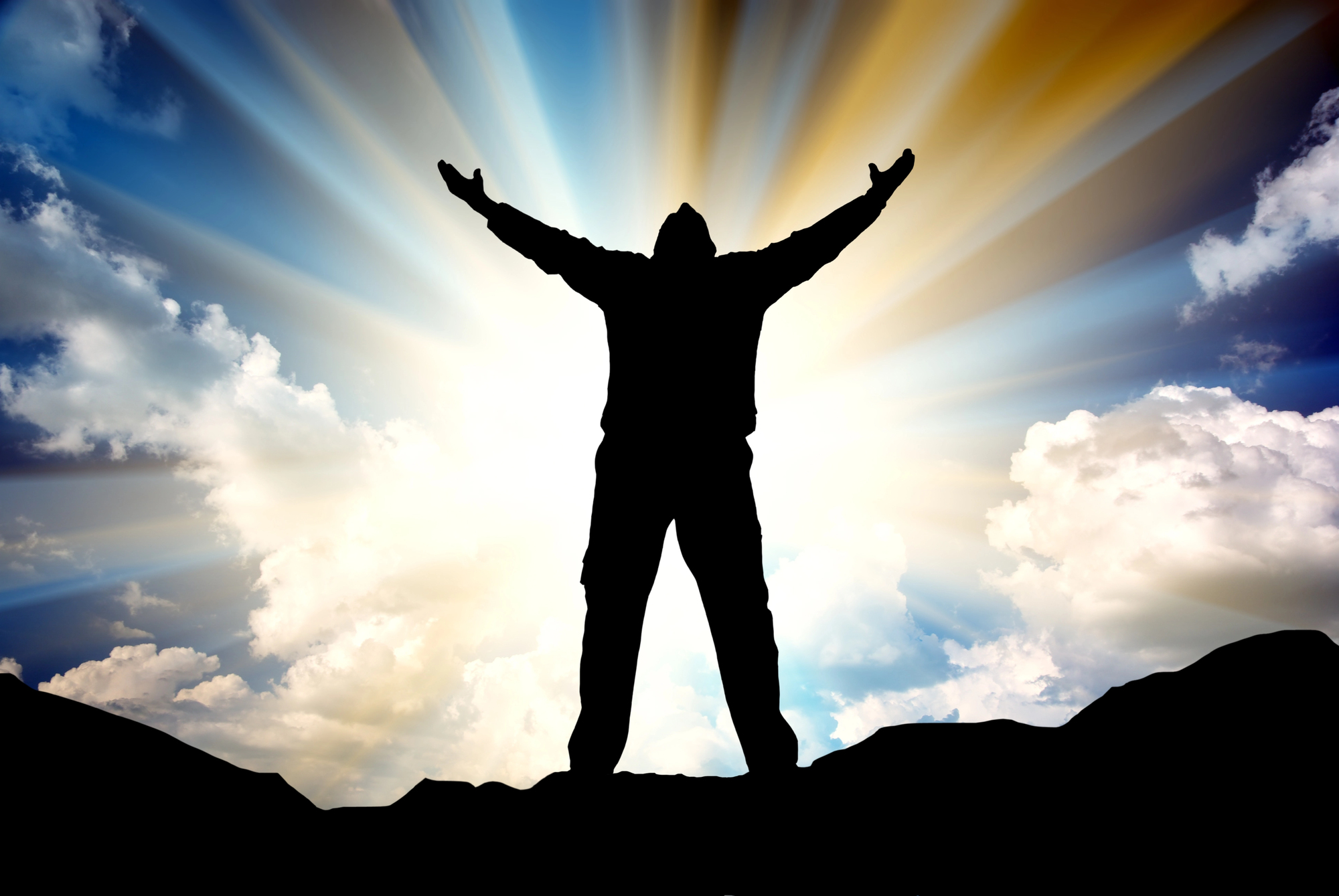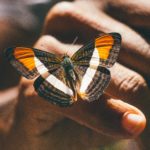For most of my life, I wrestled with numerous fears.
The fear of failure. The fear of rejection. The fear of uncertainty.
I did what most people do—I tried to outthink it. Read self-help books. Studied rejection therapy. Reminded myself that uncertainty was where growth happened.
But the fears never really left.
Then, one day, I realized why: Every fear I had was just a mask. Beneath them, there was only one fear. The real fear. The one I hadn’t dared to name.
Death.
That was the source of it all. Once I saw it, I couldn’t unsee it.
When I said, I’m afraid of uncertainty, what I really meant was, I’m afraid of death. Our ancestors who wandered into unfamiliar caves often didn’t return. And that instinct still lives inside us—we treat a career change, a creative risk, or an unconventional choice as if we’re walking into the jaws of a predator.
When I said, I’m afraid of rejection, what I really meant was, I’m afraid of death. For most of human history, exile wasn’t just painful—it was fatal. If your tribe cast you out, the wilderness didn’t offer second chances.
When I said, I’m afraid of loss, what I really meant was, I’m afraid of the deaths that loss represents. The death of identity. The death of comfort. The death of a previous version of myself.
And here’s the problem: Western society pretends death doesn’t exist. We exile the elderly, sterilize grief, and outsource dying to hospitals so we don’t have to witness it.
We pour billions into life-extension research and try to hack our biology—all in the hope of buying a few more years.
But death is still there. Lurking beneath nearly every fear we have. Failure. Uncertainty. Irrelevance. Rejection. They all point back to the same place.
And here’s the paradox: The more we resist death, the less we actually live.
Because to resist death is to resist change.
It means staying in the job that suffocates you because the alternative is too uncertain. It means holding onto relationships that have long since expired because ending them feels too much like dying. It means choosing safety over aliveness.
What if you stopped running?
What if, instead of avoiding death, you faced it?
What if you acknowledged, fully and completely, that you are going to die—and used that truth as fuel?
Would you still waste time on things that don’t matter? Would you still hold yourself back from speaking up, from taking the risk, from doing the thing that sets your soul on fire?
We’re already in a constant process of dying and being reborn. Every goodbye, every sunset, every exhale is the end of something. Every moment is a tiny funeral. This isn’t about learning to accept death someday—it’s about recognizing that you’re already in the middle of it.
Not every culture hides from death. In Mexico, Día de los Muertos transforms death into a celebration—an invitation to commune with ancestors. Many Indigenous cultures see death not as an end, but as a transition—a continuation of the life cycle, woven into existence rather than separate from it.
In my own life, I learned to embrace death, not as something to fear, but as something to surrender to. I learned to let old identities, old beliefs, and old versions of myself die. I learned that real freedom isn’t found in clinging, but in releasing.
And the moment I stopped running from death, I started living.
Because in the end, death isn’t the thing to fear.
A life unlived is.
Bold



